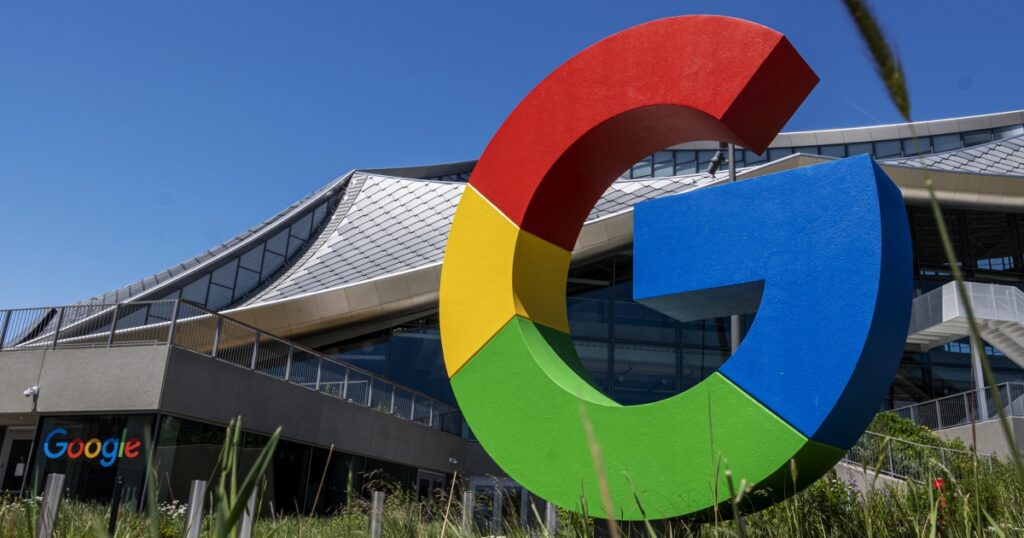The Justice Department is asking Google to sell its Chrome browser after an August ruling found the company has a monopoly in the search market.
Chrome, launched by Google in 2008, provides data to the search giant that it uses to target ads. The Justice Department said in a filing Wednesday that forcing the company to retire Chrome would create a more level playing field for search competitors.
“To redress these harms, the (initially proposed final judgment) requires Google to sell Chrome, which would permanently end Google’s control over this critical search access point. , giving rival search engines access to the browser that has become the gateway for many users to the “Internet,” the 23-page filing says.
Additionally, the Justice Department said Google would be prevented from entering into exclusive agreements with third parties such as Apple and Samsung. The Justice Department also said it would prohibit Google from prioritizing its search service within other products.
The Justice Department also said the relief package should prevent Google from eliminating “new competitive threats through acquisitions, minority investments, and partnerships.” The Justice Department said that “the proposed relief would be in effect for 10 years.” The filing also says search companies should be required to submit monthly reports to the technical committee outlining changes to search text ad auctions.
“The proposed remedies are intended to end Google’s illegal conduct and open the market for rivals and new entrants to emerge,” the filing states.
Search advertising for parent company Alphabet accounted for $49.4 billion in revenue in the third quarter, accounting for three-quarters of total ad sales for the period.
The Justice Department’s request would be the department’s most aggressive attempt to break up a tech company since an antitrust case against Microsoft that was settled in 2001.
In addition to demanding that Google sell Chrome, the Justice Department said forcing the search company to sell its Android mobile operating system would also help restore competition. ”
Instead, the Justice Department argued that other remedies should be sufficient to “blur Google’s ability to leverage its control of the Android ecosystem to advantage its general search services,” and that if they It suggested that this would be sufficient “if, in the end, we fail to meet the high standard for meaningful redress in these serious matters.” In the marketplace, courts may require a return to the Android sale offer.
In August, a federal judge ruled that Google has a monopoly in the search market. The ruling comes after the government filed a landmark lawsuit in 2020, alleging that Google dominates the entire search market by creating strong entry barriers and feedback loops that maintain its dominance. Served. The court found that Google violated Section 2 of the Sherman Act, which outlaws monopolies.
Last month, the Justice Department indicated it was considering breaking up Google’s operations, including breaking up its Chrome, Play and Android divisions.
Additionally, the Department of Justice proposed limiting or prohibiting default agreements and “other revenue-sharing agreements related to search and search-related products.” This includes Google’s mobile search deals with Apple and Samsung on the iPhone, which will cost the company billions of dollars a year.
Google has said it will appeal the monopoly ruling, pending a final decision on relief.
But some legal experts say the most likely outcome is that the court will require Google to break certain exclusive agreements, such as the one with Apple. Experts say that while a breakup is unlikely, the court could require Google to make it easier for users to access other search engines.



